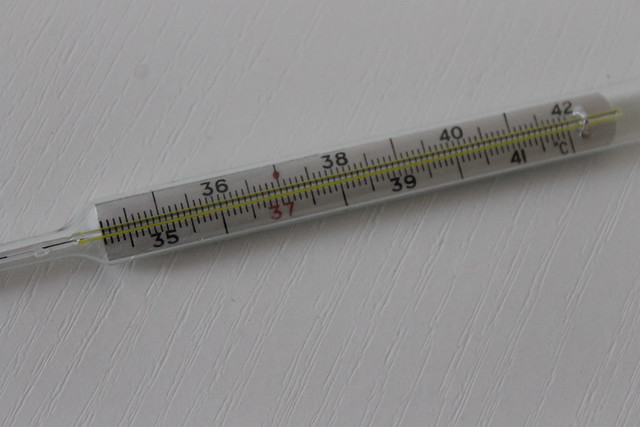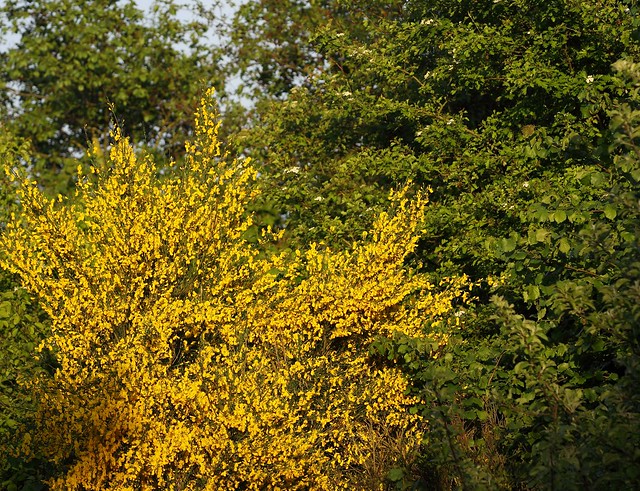Words for wave and related things in Celtic languages.
| Proto-Celtic | *tundā = wave, billow |
|---|---|
| Old Irish (Goídelc) | tonn [ton͈] = wave, outpouring, sea, abundance, bog, swamp |
| Middle Irish (Gaoidhealg) | tonn = wave, outpouring, sea, abundance, bog, swamp |
| Irish (Gaeilge) | tonn [t̪ˠɑun̪ˠ/t̪ˠuːn̪ˠ/t̪ˠʌn̪ˠ] = wave tonn tuile = tidal wave tonn teasa = heat-wave tonn turrainge = shock wave tonnach = wavy, billowy tonnadh = to wave, surge tonnáil = waving, rippling, undulation tonná = wavelet, ripple tonnúil = wavy, undulating |
| Scottish Gaelic (Gàidhlig) | tonn [tɔun̪ˠ] = wave, tilde, quantity of liquid, pile, heap tonn-fuaime = soundwave tonn-taomaidh, tonn-tuile = tidal wave tonn-crithe = shockwave tonnadh = undulating, undulation, vomiting tonnan, tonnag = small wave tonnach = waved, wavy tonnachd = waviness |
| Manx (Gaelg) | tonn = wave, billow tonn hiass = heat-wave tonn hidee = tidal wave tonn inçhyn = brainwave tonnagh = undulating, billowy, wavy tonnaghey to undulate, surge, bilow, undulation tonnaght = undulation, waviness |
| Proto-Brythonic | *tonn = wave |
| Old Welsh | tonnou = wave |
| Middle Welsh (Kymraec) | tonn, ton = wave |
| Welsh (Cymraeg) | ton [tɔn] = wave, the sea; wavelength ton lanw = tidal wave ton radio = radio wave tonfedd = wavelength tonffurf = waveform toniad = undulation, oscillation, frequency, modulation, intonation tonial = surge or swell (of waves) tonniant = fluctuation tonni = to undulate, ripple, oscillate, surge tonnog = wavy, billowy, rough, choppy, roling, undulating tonyddol = melodious, intoning, tonic, intonational |
| Middle Cornish (Cernewec / Kernuak) | ton = wave |
| Cornish (Kernewek) | tonn = wave tonnek = wavy tonnhes, tonnhys = wavelength |
| Middle Breton) | tonn = wave |
| Breton (Brezhoneg) | tonn = wave |
Etymology: possibly from the Proto-Indo-European *(s)tewd- (to hit, beat), or from the Proto-Celtic *tondā (surface, skin), or from the PIE *temh₁- (to cut) [source].
The PIE root *(s)tewd- (to hit, beat) is the origin of the Irish tit (to fall, collapse, descend), the Scottish Gaelic tuit (to fall, happen, slip), and the Manx tuitt (to fall, happen, slip) [source]. English words from the same root include study, studio, student and obtuse [source].
The the Proto-Celtic *tondā (surface, skin) is the root of the Gaulish *tondā, from which we get tonn (surface, skin) in Irish, tonn (skin, hide) in Scottish Gaelic, ton (turf, sod, sward, surface) in Welsh, ton (unploughed land, meadow) in Cornish, and tonn (rind, dermis, surface) in Breton.
It was borrowed into Latin as tunna / tonna (tun [a large cask], box), which became tonne (tonne, ton) in French, which was borrowed into English as tonne (a unit of mass equal to 1000kg; a score of 100 in darts) [source].
Words marked with a * are reconstructions.
Sources: Wiktionary, Am Faclair Beag, Online Manx Dictionary, Teanglann.ie, eDIL – Electronic Dictionary of the Irish Language, In Dúil Bélrai English – Old Irish glossary, Geiriadur Prifysgol Cymru, Gerlyver Kernewek, Gerlyvyr Cernewec, Dictionaire Favereau, TermOfis, Le dictionnaire diachronique du breton, Geriafurch, English – ProtoCeltic WordList (PDF), Etymological Dictionary Of Proto Celtic












